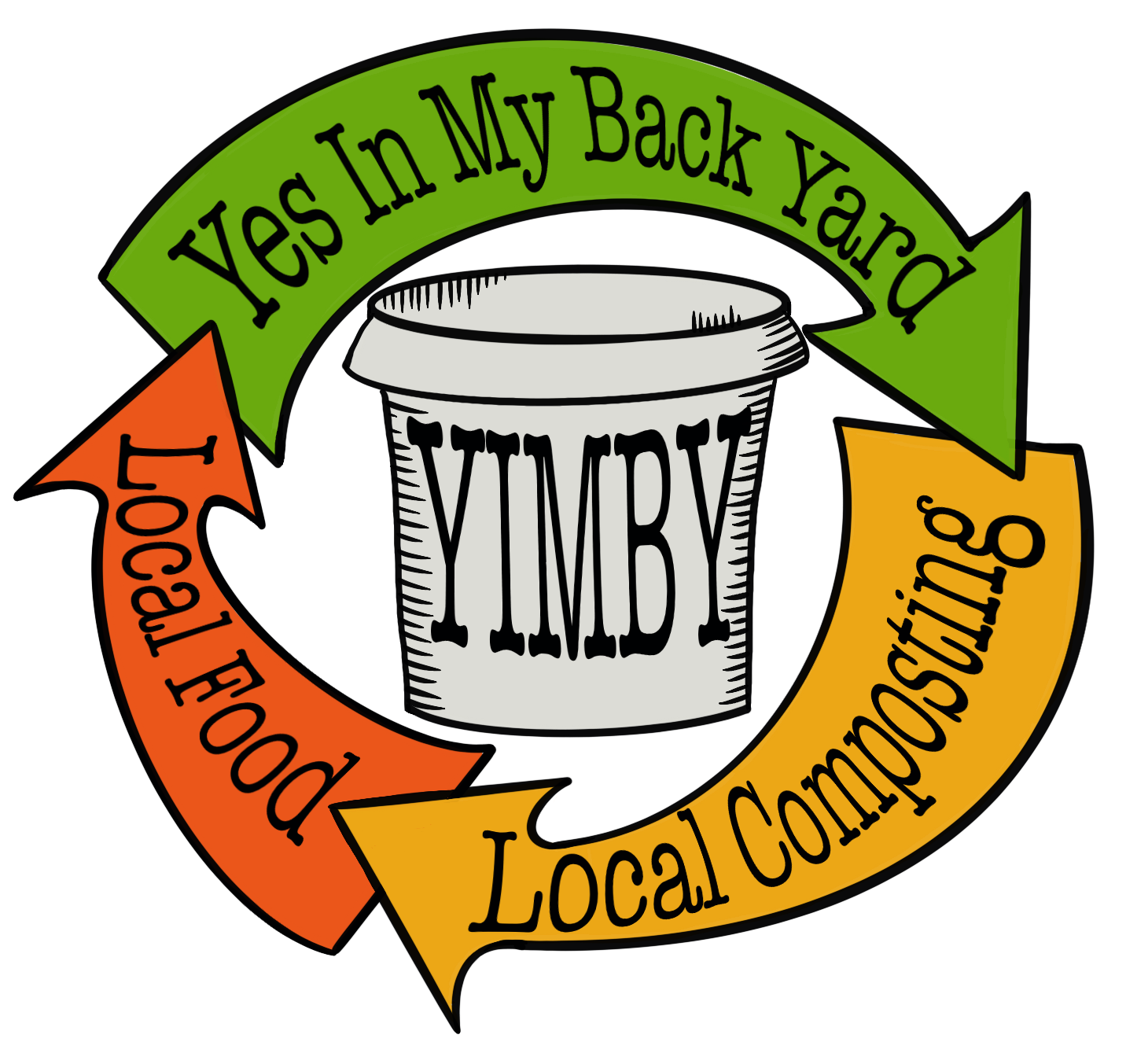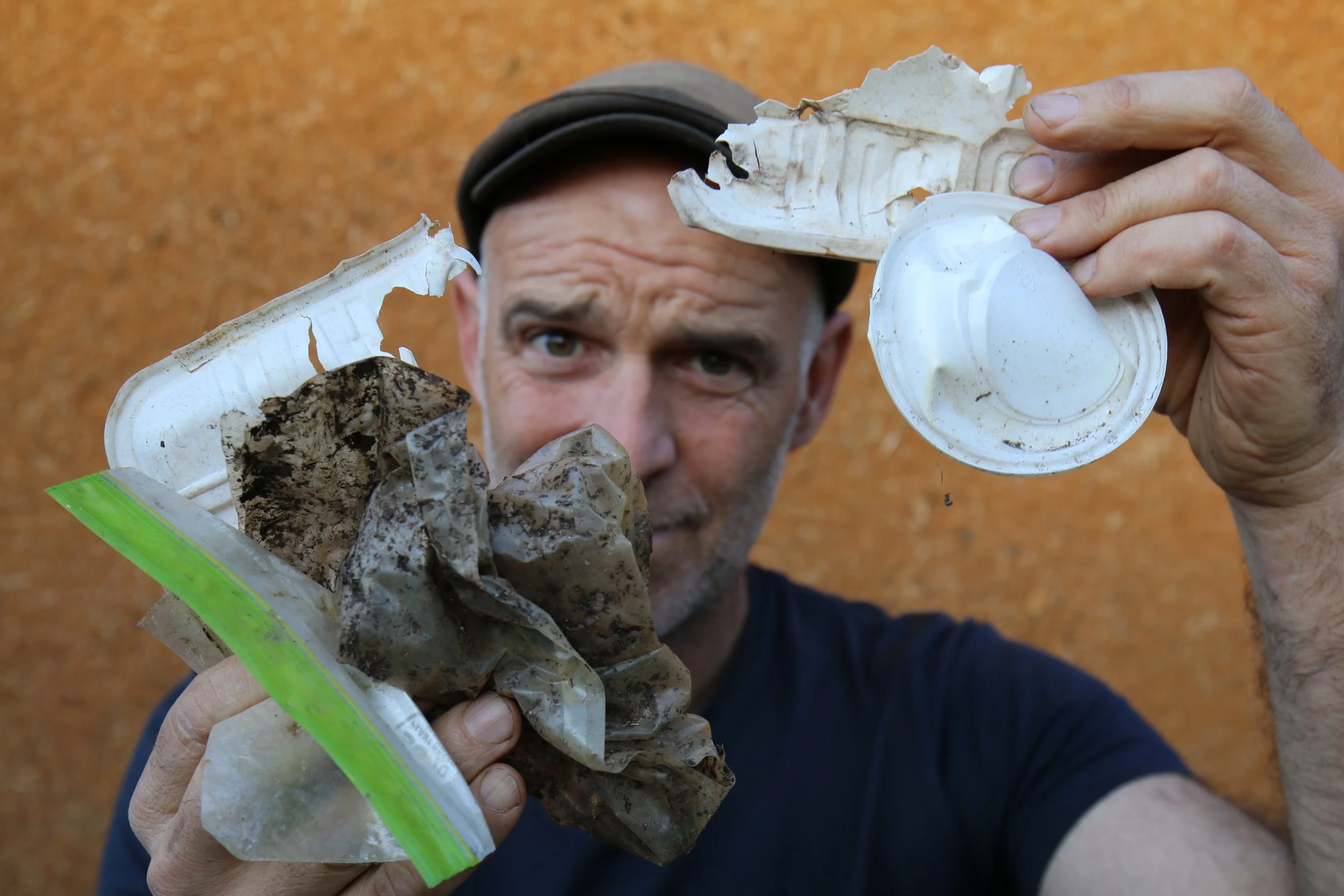The Plastic Hassle
It doesn’t seem to matter how fastidious I am about keeping plastic from going into my compost, I still find myself fishing little plastic things out of my finished compost, so much so, I even have a dedicated bin next to my final bay, just for putting plastic waste in. So, you might think I’d be pretty excited about the invention of “compostable” plastic. Hmmm, guess again.
Let’s go back to the early 20th century and the invention of plastic. These new polymers were like nothing else in nature, which gave them their amazing durability, they didn’t rot or get eaten by animals, bacteria or fungi, they stuck around, but fast forward 100 years and we are drowning in the stuff, it clogs our oceans, it's in our drinking water and it’s turning up in our body’s cells.
Plastics are made from hydrocarbons, and crude oil was, and still is, the cheapest most available ‘feedstock’ for plastic production.
But crude oil is no longer spurting out of the ground from untold abundant fields like it did 100 years ago, now we have to expend lots of energy just to drill down and pump it out.
So, can’t we just grow other feedstocks for making plastic? Enter ‘plant based’ plastics, have you seen them cropping up on your supermarket shelves recently? Problem solved? Hardly. Growing the vegetable oil to make the plastic out of, uses fossil oil too; in the farm machinery, the fertilisers and pesticides, as well as the processing and transport. It is possible that ‘plant based’ plastic uses more crude oil in its production than went into conventional plastic, and it still doesn’t break down in our compost (or anywhere else). So, we can’t just change the feedstock and say everything is OK.
Recently we have seen “compostable” plastics appearing on our shelves, new polymers that have been designed to mimic natural structures that will be broken down by fungi and bacteria. Problem solved? Again, not really.
Tests of “compostable” plastics in hot compost systems have had very mixed results, some products do break down into the compost, but others claiming to be “compostable” make it through months of high temperature composting pretty much unscathed, and, even if they do compost, “compostable” plastics still need to be produced in the first place, energy will be expended in the making and processing, only to be used once, then thrown into a compost pile.
And, what happens if some ‘compostable’ plastic goes into the general waste? It gets buried in landfill, decomposes anaerobically and produces greenhouse gasses, potentially worse than just throwing out conventional plastic!
If all of this is making you feel a little disheartened, it is not surprising, it is a troubling problem.
The only way forward I can see is for us to stop producing things that only get used once. As Lucy Young says the problem is ‘single-use’, so the answer can’t be ‘conventional plastic’, or ‘paper’ or something ‘compostable’, the answer must lie in finding things that can be used again and again, repaired and then used some more. Only then, after many, many uses and when they can no longer be fixed, might they end their life adding nutrients to our compost pile.
What things can you think of, or imagine that fit this description?
AUTHOR: JOEL MEADOWS
Joel Meadows works with Yes In My Back Yard, (YIMBY), a community-scale composting initiative in Castlemaine and surrounds. Send questions or comments to hello@yimbycompost.com or to book in for a compost workshop.
This was first published in the Midland Express on the 7 May 2024

